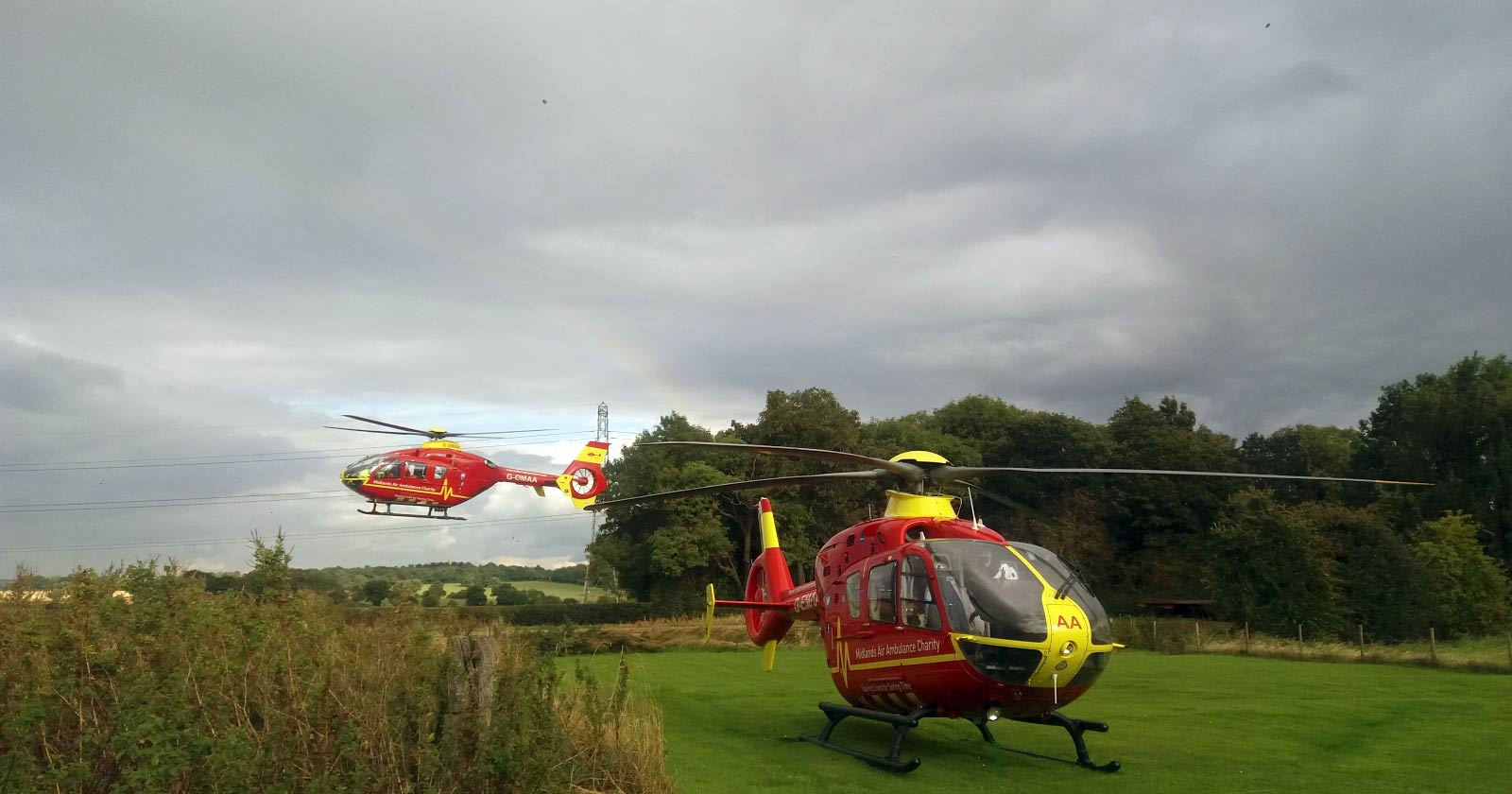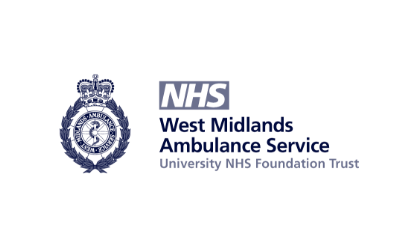Overview
West Midlands Ambulance Service NHS Foundation Trust provides urgent and non-urgent care to more than 5.6 million people across the West Midlands geographic area. The Trust answers more than 1.5 million emergency ‘999’ calls across two contact centres. The Trust also receives more than a million calls every year to manage non-emergency patient transportation services.
“Using the smartnumbers service, we were able to avoid interruption through planned disruption such as system upgrades by redirecting calls to other sites.”
Challenge
As a public body, the West Midlands Ambulance Service needs to conform to the Civil Contingencies Act. It was therefore paramount that incoming call traffic was protected, especially as they handled emergency calls.
There are three levels of business continuity threats that affect continuous voice services and disrupt the Trust’s ability to answer calls:
- Environmental events, such as fire, flood and other emergencies that may deny access to premises or network infrastructure.
- Sudden events, such as terrorism or threat of terrorism that may deny access to premises for protracted periods of time.
- Rising tide events, such as pandemic flu that may require staff to work from home or other facilities for several months at a time.
As staff will be working at different locations during these disruptive events, the Trust required control to reroute inbound calls. The Trust’s primary mechanism for rerouting calls was using a service called Exchange Line Site Assurance (ELSA). While this provided immediate remedial action there were several limitations:
- Lack of flexibility: Routing had to be predefined and wasn’t easy to adapt if circumstances changed.
- Complex call diversions cannot be configured in ELSA. Calls to the whole number range route to a single number which wasn’t appropriate as the Trust needed different call handling for each department and function during business continuity events.
The main objective was, therefore, to build more intelligence into their routing plans to enhance business continuity during an unexpected or planned disruption.
Solution
The Smartnumbers service is hosted in the telephone network which removes single points of failure to inbound call delivery by intelligently routing calls to bypass faults, such as local exchange failures.
Using the Smartnumbers portal, the Trust can manage the routing of calls to each individual DDI during business continuity events. Chris Butler, Telecommunication Manager, West Midlands Ambulance Service University NHS Foundation Trust explains: “The Smartnumbers service has enabled us to create sophisticated dial plans to control the handling of calls for different functions such as routing calls to a mobile, landline or an answer phone. The ability to have a different answering method for each service was critical.”
Chris adds “Making changes to dial plans to reflect the changing environment is so simple. Being able to instantly activate a dial plan from anywhere really enhances business continuity.”
As the Smartnumbers service is network agnostic, it’s possible to make changes to the telecoms infrastructure without affecting call handling. Chris explains “Using the Smartnumbers service, we were able to avoid interruption through planned disruption such as system upgrades by redirecting calls to other sites.”


